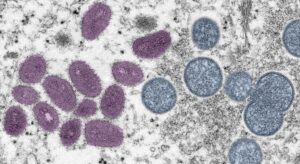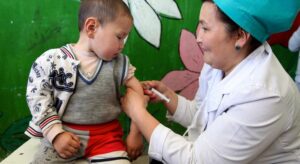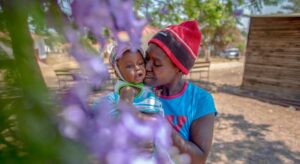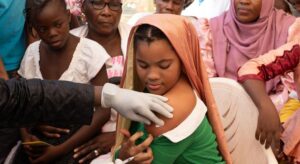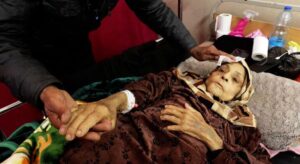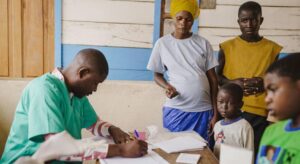New recombinant mpox strain discovered in UK and India, WHO calls for continued surveillance
The WHO confirmed that two cases of the recombinant strain – combining genomic elements of clades Ib and IIb of monkeypox virus (MPXV) – have been identified to date: one in the UK and one in India. Both patients had recent travel histories and neither experienced serious illness. No secondary cases were found after contact […]
